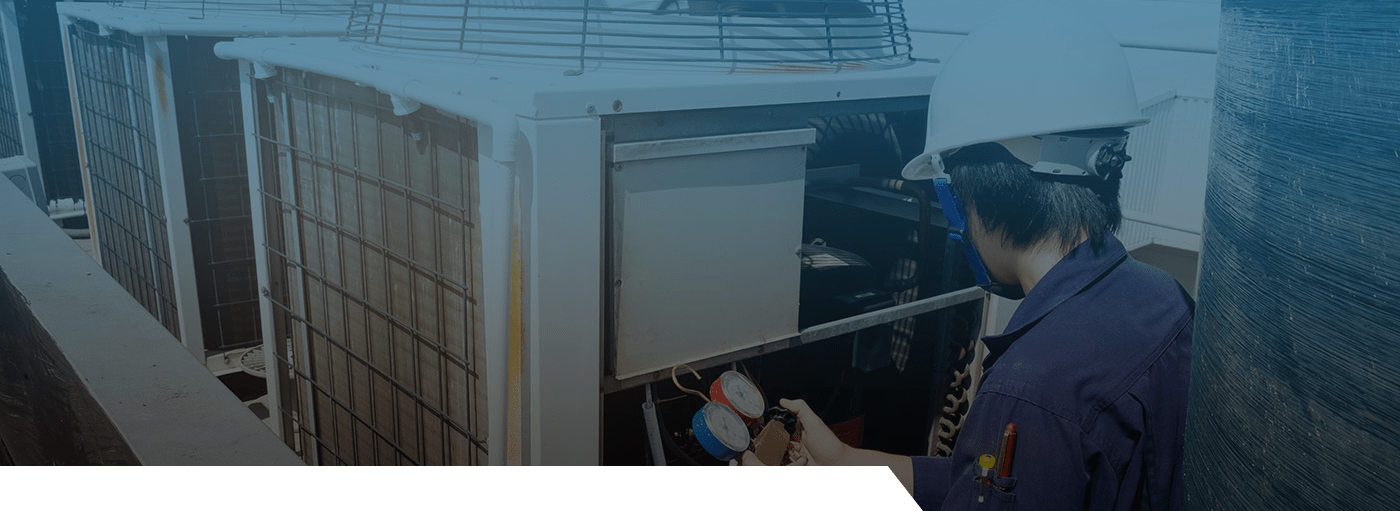An empty oil tank is not just an eyesore or a waste of space but also a possible hazard. You don’t want to cope with any disasters caused by an empty oil tank, which might have serious consequences for your oil tank and your home’s heating system.
An empty tank may not appear to be a bad thing at first glance, but it can become problematic once empty and not in use. It’s important to understand the issue of leaving an empty oil tank around for your health, comfort, and safety, as well as the protection of others. Here are some of the hazards of an empty oil tank.
5 Menaces of Empty Oil Tank – Why You Need to be Careful
The dangers of an empty oil tank are beyond imagination, and there are some serious concerns that must be focused or else it could lead to devastating realities.
1. Nozzle or Filter Gets Clogged
In empty oil tanks, heating oil sludge is typical, and bacteria develop and oxidise. The bacterial growth that generates the sludge is caused by condensation in the tank. Sludge reduces the efficiency of your heating system because it clogs the filters and nozzles.
If the tank is not completely emptied by a professional, trapped material might cause your heating system to fail. Debris in the oil filter might cause the fuel nozzle to become blocked as well. If your heater emits a bad or strange odour, you most likely have a clogged nozzle.
2. HVAC Equipment become Compromised
Your HVAC system suffers from an empty oil tank. Your HVAC equipment is subject to harm due to blocked filters that are ineffectual at keeping dirt, pollutants, and silt at bay and outside the feed line.
A broken HVAC system is significantly less efficient and cannot work at peak efficiency, which just adds to the annoyance. A poor condition is essentially exacerbated. A broken heating unit in the dead of winter is no fun and creates an unpleasant environment for everyone in your home.
3. Oil Tank can get Condensed
Condensation might form in the empty oil tank, which you should attempt to avoid. Changing temperatures in the tank over time and water gathering on the inner walls of the empty area of the tank are common problems with outdoor tanks. This is called condensation, and it offers an ideal habitat for germs to grow.
As a result, the heating oil is often sludgy. Because of the moisture, your oil tank may begin to rot at the bottom, which will be an expensive problem to repair.
4. Inconvenience in Oil Tank
When your oil tank runs out of fuel, you will be without heat, which will be quite inconvenient. Can you imagine going through winter with an empty oil tank that needs to be replaced before the heat comes back and your comfort is restored?
An empty oil tank would result in a loss of hot water and warmth at a critical time. You don’t want to be in that situation where you’re uncomfortable or even miserable. Why put yourself and your family through the hassles that an empty oil tank might cause? You don’t require it.
How to Prevent Oil Tanks from Damage?
So, how can you protect your oil tank from damage caused by low oil levels and excessive condensation? Filling your heating oil tank soon before summer begins gives minimal area for moisture to collect within your tank and can assist in avoiding corrosion on the interior of your tank.
Periodic checks of your heating system and the oil tank can also assist in spotting any problems before they become serious concerns or cause an oil leak. If your tank is 15 years old or older, it is recommended to replace it to avoid oil leaks and damage to your heating equipment. Our skilled team of energy experts may visit to your house and give a free consultation and estimate, as well as assist you in making the best decision.
The Final Words
Don’t let your oil tank run out of fuel. Interstate Gas & Oil specialises in heating oil distribution and oil tank repair. We can assist you in staying on top of your oil tank maintenance and providing excellent service that you can count on every time! For additional information, give us a call or fill out our online contact form today!


